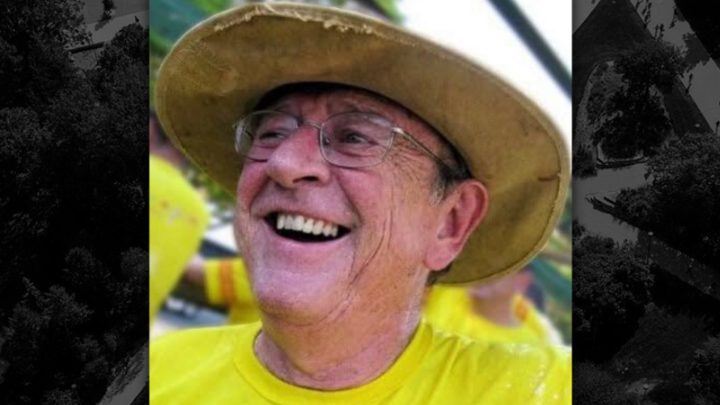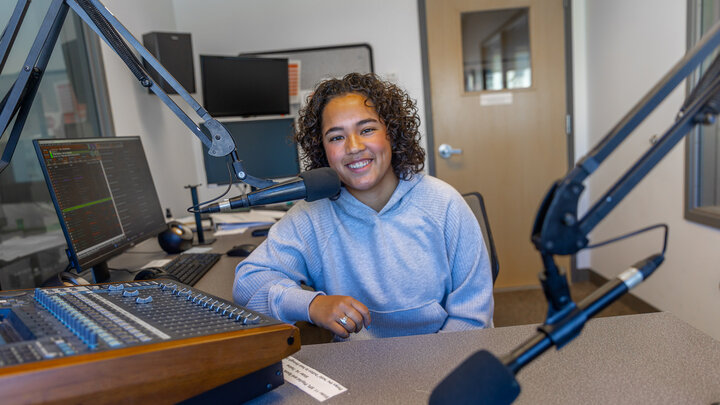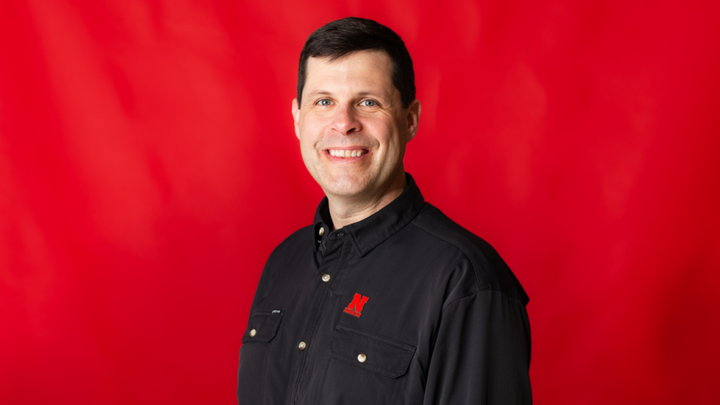August 28, 1944 - September 2, 2022
The term Renaissance man -- a person with wide interests and accomplishments -- is a perfect fit applied to the life of Michael L. Stricklin. A journalist and educator with unbounded generosity and a servant's heart, Mike died Sept. 2 at his home in Hillsboro, Ore., surrounded by his family.
He was 78. Mike was an assistant managing editor of the Star-Telegram from 1981-83. In a university career that spanned five decades, Mike's spirit nurtured countless aspiring journalists and friends alike, teaching more than 10,000 students the basics of practicing the profession as an act of public service. He also became an expert in using scientific research methods to better understand how people use and respond to the media. In the early 1970s, he began warning journalism colleagues how technology was changing the media and would upend their profession.
Close friends and former students remember Mike for encouraging them to look at issues or ideas from multiple angles, invariably finding at least one that others hadn't considered. "He's always had the curiosity one expects from a journalist, but his seemed tuned to a higher pitch, and more enthusiastic somehow," said Amy Culbertson, a retired newspaper editor who Mike advised as a Baylor University undergraduate. "His mind was always working, usually in surprising ways."
Michael Lewis Stricklin was born in San Angelo, Tex., on July 28, 1944. His father, Billy Hugh Miller, a captain in the Army Air Corps, died in a plane crash in 1949. His mother, Patricia Jane Woods, remarried, to Kenneth L. Stricklin, in 1952, and they adopted Mike and his younger brother, David Stricklin. In recent years Mike contacted and helped stage a reunion with long-lost cousins in Billy Miller's family, David said.
Mike showed an early interest in journalism at San Angelo Central High School and won awards both for writing editorials and as a musician. As a 15-year-old high, Mike played piano and French horn, the latter well enough to be a rehearsal substitute for the San Angelo Summer Symphony Orchestra. He bought his own tuxedo with money earned as a paper boy to be able to attend the orchestra. Later, he entertained friends around the piano by introducing them on the same night to the work of jazz pianist Art Tatum and classical composer Dmitri Shostakovich.
Mike entered Baylor in 1962 as a journalism major and was on the staff of The Lariat, the student newspaper, for three years. It was the start of a long association with Baylor, as a student, a lab assistant in 1968-69 and a journalism faculty member in the early 1970s. Mike was mentored by David McHam, a Baylor faculty member and the Lariat advisor, who recognized early on his potential to help other students learn. "When Mike was an undergraduate, I began to see that he would make a great teacher, and he was," McHam said. "But as great as he was, he was an even better friend."
Mike and his wife, Chere Anne Robins Stricklin, a medical technologist, became Peace Corps volunteers in Brazil right out of college, giving them lifelong connections to the country. The couple, who married in 1965, were sent by the Peace Corps the next year to the small town of Brejo Grande, Brazil, with no agenda or specific project in mind. Chere remembers vividly how stressful it was to plunge into a foreign culture with limited language skills, requiring the newlyweds to work together and support each other. By the time their two years were up, they had created a community garden and a kindergarten, and started an adult literacy class, all of it paid for by the town's mayor, and destined to last for years to come.
Mike returned to Baylor in 1968 as a graduate assistant, advising The Lariat. Between 1969 and 1971, he worked as a management trainee at the Corpus Christi Caller-Times, and as news editor at the San Angelo Standard-Times. From 1981 to 1983, he took leave from teaching to be assistant managing editor of the Star-Telegram.
In 1972, he received a master's degree in journalism from the University of California-Berkeley, gaining a grounding in technological changes on the horizon in anticipation of a teaching career. Back at Baylor that fall, he taught journalism and media history courses and again advised the student newspaper, leading the aspiring journalists to redesign its printing format.
After leaving Baylor, Mike began work on a PhD at the University of Iowa and became publisher of The Daily Iowan, the student newspaper. Mike's predecessor as publisher, Will Norton, recalled how hard Mike worked to introduce new technology in the production and printing of the newspaper.
At Iowa he also became an adherent of Q Methodology, an academic discipline that applies scientific rigor to the study of subjectivity, meaning a person's opinions, beliefs, feelings and attitudes. He was a charter member of a Q Methodology academic group, the International Society for the Scientific Study of Subjectivity. In 2022, he received a special award from the society for his contributions to the discipline, including writing the first software for personal computers to do Q Methodology studies.
Robert Logan, another adherent of Q Methodology, who became close friends with Mike when they were doctoral students at Iowa, said Mike was instrumental in moving Q Methodology research away from mainframe computers at the dawn of the personal computer age. "When PCs first came in, Mike easily adapted to them," said Logan, an emeritus journalism professor at the University of Missouri. "His software is still in use today."
In 1977, armed with a doctorate from Iowa and a dissertation about how new technology would affect the future of journalism, Mike began a 28-year career teaching and doing communications research at the University of Nebraska-Lincoln (UNL). Among his research projects, he and Professor Wilma Crumley conducted a series called the Nebraska Newspaper Studies, using Q Methodology. The research determined that people wanted their newspaper and missed it when it didn't come, that newspapers were the glue that held communities together, and that the newspapers and local businesses were inseparable for the future of the town.
Mike's interest in community journalism was especially significant to Joan Rezak, who as an undergraduate wanted to leave the state to work in big city journalism. As her advisor, Mike insisted she take a political science course in Nebraska government. After working in Des Moines, Iowa, and Omaha, she is now the editor overseeing five western Nebraska newspapers. Mike "believed in me before I believed in me," she said. "He knew what you needed before you did. On some level, he knew I would come home."
Considering the multiple moves the Stricklins made for each new job Mike took, Chere said she never thought she was making career sacrifices. She found meaningful work in medical technology, managing blood banks and hospital labs wherever Mike's career took them. "I never let his decisions push me," she said last month. "We've been a team for a long time. It was always the 'us' that made decisions."
Starting in 1989, Mike developed a new interest in Brazil, this time as a leader of a Partners of the Americas cultural and educational exchange program between Nebraska and the Brazilian state of Piaui. The program sponsored more than 400 exchanges of business people, professors and students over the next dozen years. When he retired from UNL in 2004, he and Chere moved to the city of Teresina, in Piaui, where Mike was a Fulbright senior lecturer in graduate communications research at the Federal University of Piaui. This summer, the university faculty gave him its highest honor, naming him a professor in honoris causas.
In 2016, the Stricklins moved to Hillsboro, Ore., to be closer to their children. In addition to his wife, he is survived by son Woods Stricklin of Hillsboro, daughter, Robin Watt of New Orleans, brother David Stricklin of Arlington, Tex., sisters Jane Stricklin of Springfield, Ill., and Cathy Becknell of Saginaw Tex., four grandchildren and one great grandchild.
The family plans a memorial service at a later date to honor Mike's life.
To honor Mike's life, gifts can be made to a University of Nebraska-Lincoln journalism scholarship in his name: https://nufoundation.org/fund/01081850/




